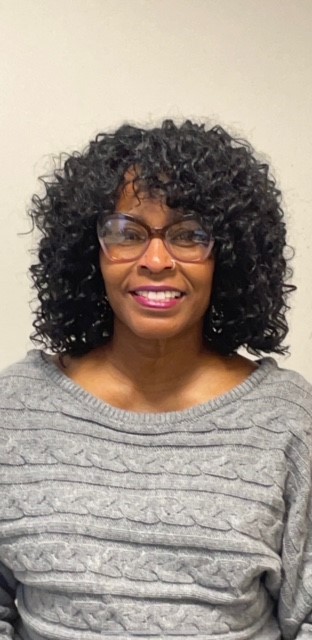Best Practice: Essential Historical and Clinical Knowledge for Counseling Clients from the LGBTQ+ and HIV Communities
Paradise Ballroom A
Speaker(s):
Description
This presentation focuses upon interventions that work best with marginalized populations and also explores methods that can be problematic and unethical. Attendees will be given a history of the LGBTQ+ community from Stonewall on as well as examples from the presenter’s practice which focuses on working with Queer and Transgender clients. Information will also be provided pertaining to the history of HIV/AIDS as well as how to compose letters for Hormone Replacement Therapy and Gender Affirming Surgeries for transgender clients. The hope is that, making this information more readily available will increase comfort and competence in working with these clients.
Objectives
1. Identify 3 cultural factors common to LGBTQ+ clients.
2. Articulate 4 interventions useful in counseling HIV+ clients
3. Identify 3 interventions/methods counter indicated in working with this population








